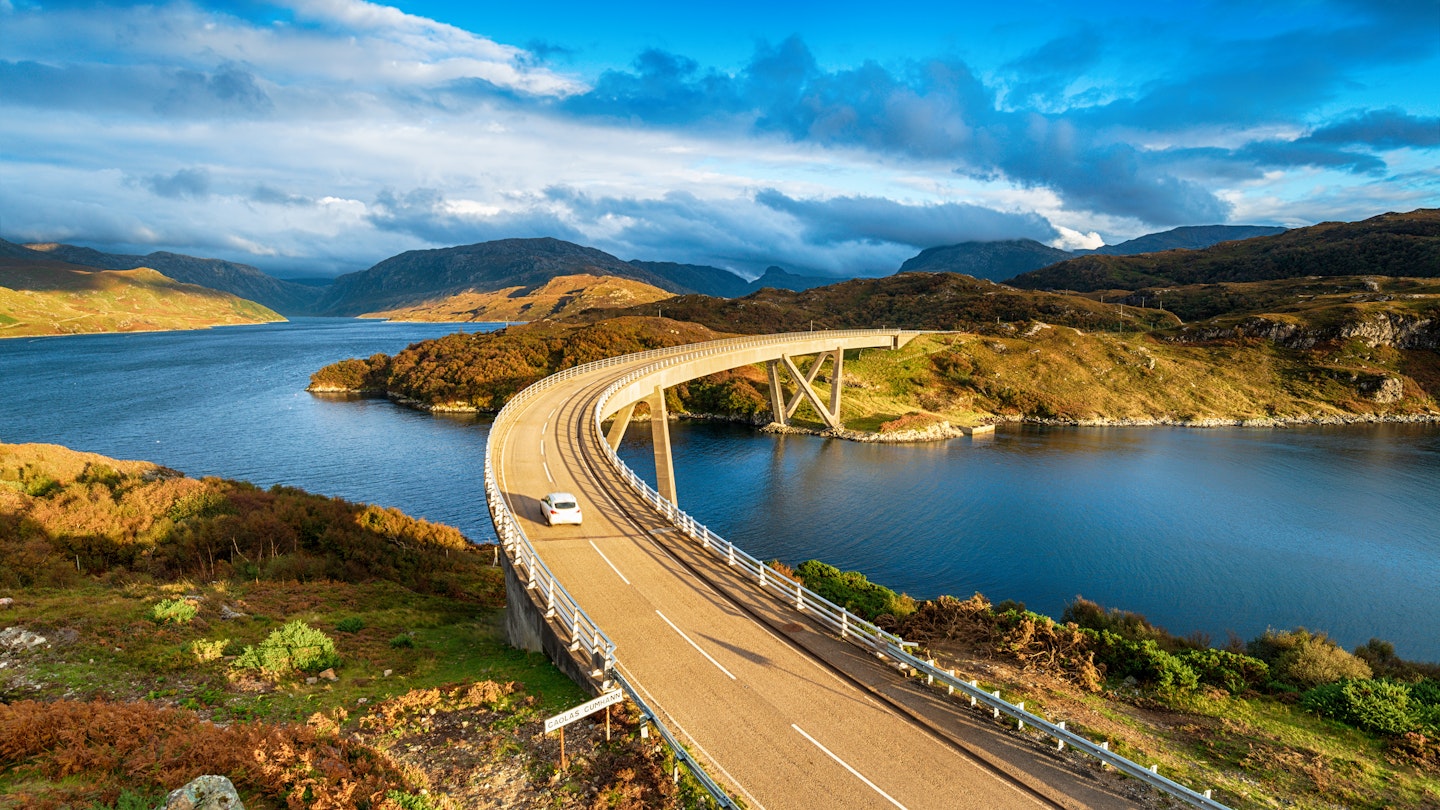Traveling Scotland on a Shoestring Budget
With just a few hundred pounds in her bank account, Rachel Horne decided to leave her job in palliative and dementia care in 2019 and travel full-time. She began her journey in Scotland and ventured through the entire North Coast 500 route, including the Outer Hebrides and multiple lesser-known islands—all on a budget of merely £3 a day. Despite rising costs due to inflation, Horne discovered several strategies to maintain minimal expenses while keeping her spirits high.
The Budget
Rachel didn’t initially plan to limit her spending to £3 a day; necessity pushed her to find ways to travel indefinitely. She accomplished this through a combination of wild camping, hitchhiking* and whipping up simple meals using a small camping stove. It’s crucial to remain adaptable regarding diet, schedule, and destinations. Having your accommodation in your backpack allows for greater flexibility in your travels.
Before embarking on her adventure, she packed essential items including waterproofs, warm clothing, sturdy boots, first aid supplies, a tent, sleeping bag, camping stove, head torch, power bank, travel towel, and emergency blanket. Drawing from prior trips significantly reduced costs. For those just starting, thrift stores are an excellent source for affordable camping gear.
Eating Well on the Move
Maintaining a healthy diet is vital, even on a strict budget. When possible, Rachel purchased groceries from discount supermarkets, opting for bulk items like oats and rice, canned vegetables, fruits, biscuits, and fuel. Shopping in remote villages and islands often proves more expensive, so balancing what you can carry is essential. Her initial grocery expense was around £25, with only a few necessary top-ups from smaller shops.
Utilizing canned vegetables—ready to cook—proved to be both efficient and cost-effective. They required little fuel, especially when prepared with rice in stock. It’s advisable to shield your stove from wind to conserve fuel and always keep an extra gas canister handy to prevent disappointment from undercooked meals.
Dining out becomes largely impractical when trying to adhere to this frugal budget. During three months of travel, Rachel enjoyed one pub meal—courtesy of a farmer in exchange for helping on her croft. Over time, the urge to visit bars faded, leading her to prefer tranquility over the bustling atmosphere.
Discovering the Joys of Wild Camping
Wild camping is a legal and rewarding option in Scotland, offering breathtaking views that far surpass any hotel. From her little yellow tent set in the sand dunes, Rachel experienced magical sights: dolphins breaching the waves, golden eagles soaring over the forests of Mull, and seals curiously approaching her campsites at Port Appin.
By adhering to essential guidelines—such as avoiding enclosed fields and respecting local residences—you can camp almost anywhere. For ecological reasons, some areas have restrictions; consultation of the Scottish Outdoor Access Code is advisable.
In Scotland’s often wet and windy climate, taking advantage of the network of bothies—basic huts with fireplaces available for free—can provide much-needed shelter. Just remember to keep your boots inside to prevent soggy treks across heather.
Seeking Shelter
Should the elements become too formidable, or if pests like midges become an issue, there are numerous free public spaces to take refuge. Libraries, community centers, harbor buildings, and museums provide excellent opportunities to dry out, recharge devices, and escape the weather. The renowned hospitality of Scots frequently leads to invitations for warm showers and tea amidst hearty conversations and lively music.
During her travels, Rachel washed in rivers, lochs, public facilities, and community pools, which offered amenities for drying swimwear and clothing. Using eco-friendly shampoo and conditioner bars can further minimize your ecological footprint.
Staying Entertained
Initially, Rachel feared monotony without funds for entertainment. However, she discovered a different rhythm in her travels—one that celebrates simplicity, where observing a driftwood fire by the beach becomes far more fulfilling than any show back home. To her, travel transcends mere hobby; it embodies a lifestyle that prioritizes freedom over material constraints and obligations.
* Note: Hitchhiking poses risks, and travelers should approach it with caution. While it is generally safe in Scotland, it is essential to understand the potential dangers involved.
This article was first published Oct 3, 2019, and updated Apr 8, 2022.





